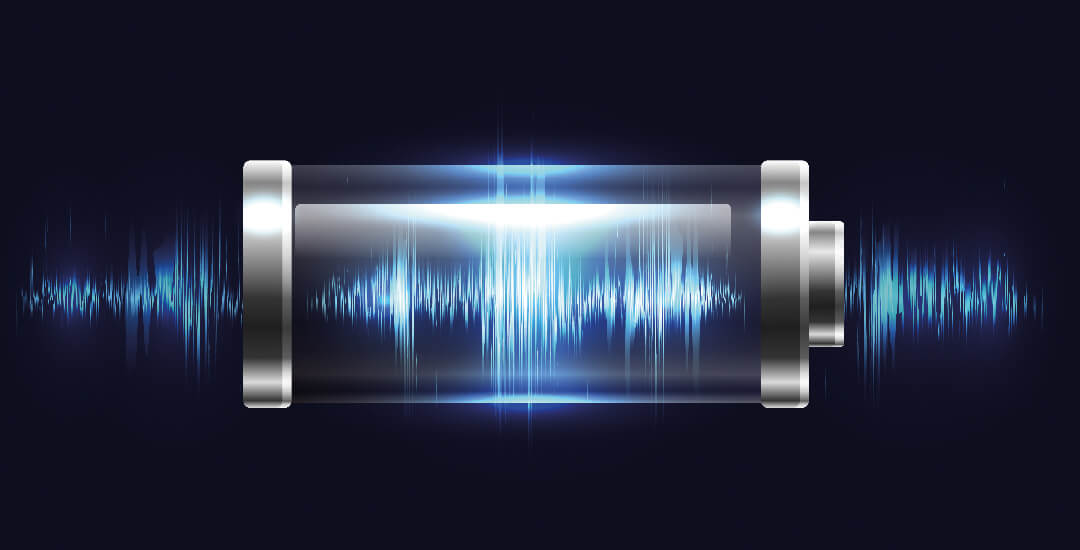
What is a solar concentrator?
Energy is a material that, due to its characteristics, cannot be stored in large quantities at...

What are batteries?
Energy is a material that, due to its characteristics, cannot be stored in large quantities at an efficient cost. Today, batteries are one of the technological solutions through which a limited amount of energy has been stored.
Batteries are devices made up of electrochemical cells that have the ability to store and convert chemical energy inside them into electrical energy, and then release it in a limited way, through the production of electrons. A characteristic that encompasses all types of batteries is that they have two terminals: one positive and one negative.
Some characteristics of the batteries:
Batteries have a limited charging capacity, which is measured in amp-hours (Ah). That is, the capacity of each battery to release electricity will depend on the amount of load it can support.
In addition, batteries are made up of chemical cells that have a positive pole (anode) and a negative pole (cathode). The function of these cells is to convert chemical energy into electrical energy, and this may or may not be reversible, depending on the type of battery: